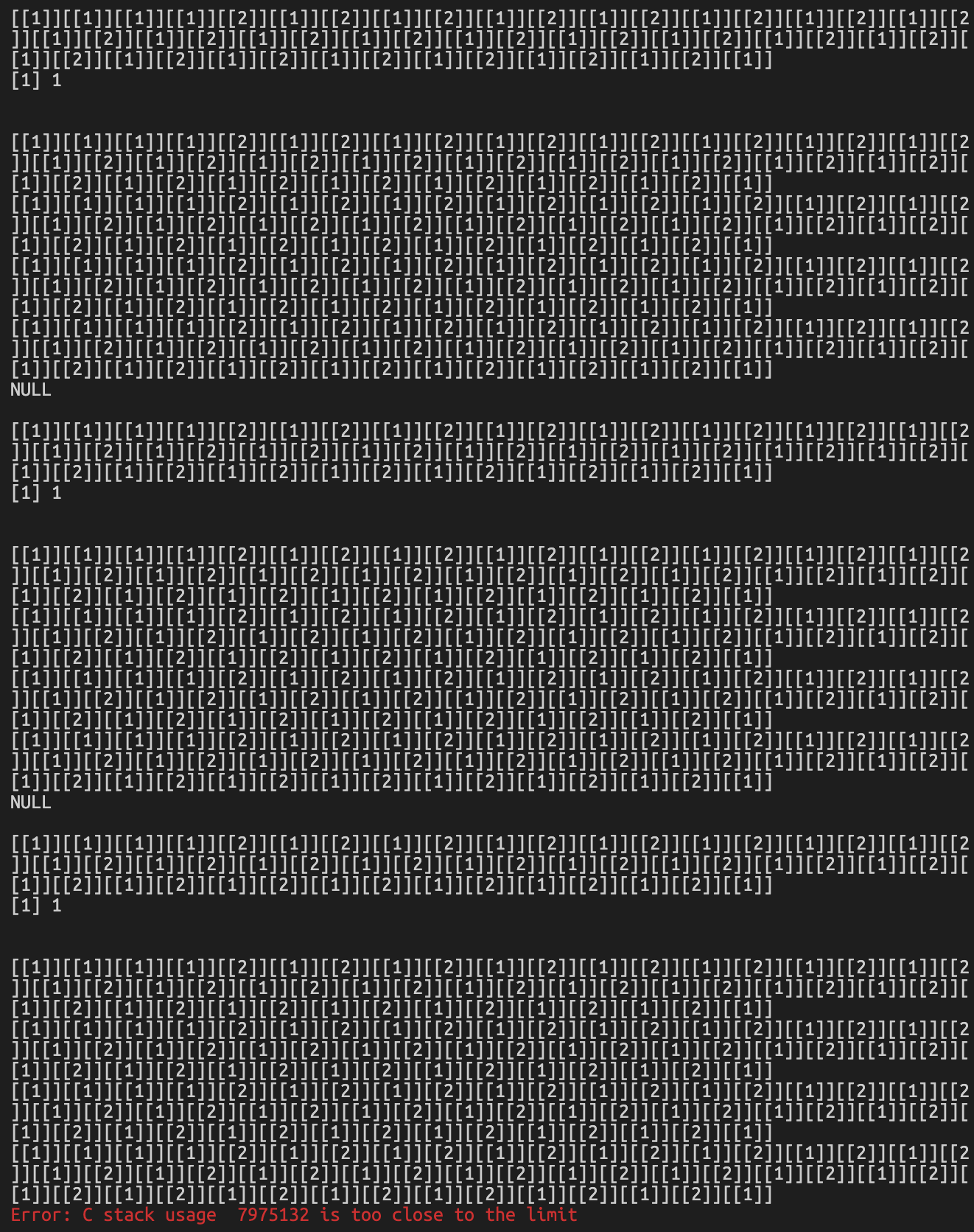Github: https://github.com/randy3k/collections
Documentation: https://randy3k.github.io/collections/
Provides high performance container data types such as queues, stacks, deques, dicts and ordered dicts. Benchmarks https://randy3k.github.io/collections/articles/benchmark.html have shown that these containers are asymptotically more efficient than those offered by other packages.
You can install the released version of collections from CRAN with:
install.packages("collections")Install the latest development version using
devtools::install_github("randy3k/collections")library(collections, warn.conflicts = FALSE)Queue
q <- queue()
q$push(1)$push(2)
q$pop()## [1] 1
Stack
s <- stack()
s$push(1)$push(2)
s$pop()## [1] 2
Deque
dq <- deque()
dq$push(1)$pushleft(2)
dq$pop()## [1] 1
Priority Queue
pq <- priority_queue()
pq$push("not_urgent")
pq$push("urgent", priority = 2)
pq$push("not_as_urgent", priority = 1)
pq$pop()## [1] "urgent"
pq$pop()## [1] "not_as_urgent"
pq$pop()## [1] "not_urgent"
Dictionary. Comparing to R envrionments, dict() does not leak
memory and
supports various other types of keys.
d <- dict()
e <- new.env()
d$set(e, 1)$set(sum, 2)$set(c(1L, 2L), 3)
d$get(c(1L, 2L))## [1] 3
Ordered Dictionary
d <- ordered_dict()
d$set("b", 1)$set("a", 2)
d$as_list()## $b
## [1] 1
##
## $a
## [1] 2


